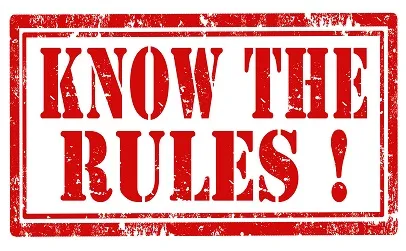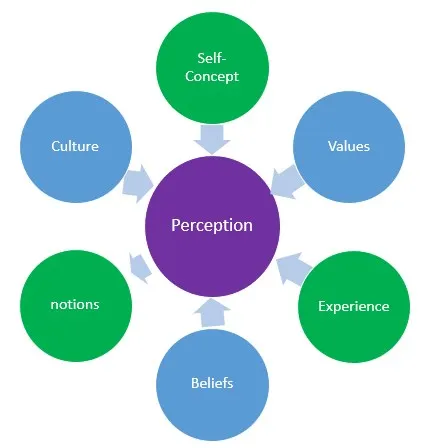The primary ways of obtaining philosophical knowledge is through the method of rationalism

Image Source
The universe is a statement of the intrinsic levelheaded nature of the knowing subject. The measure of truth isn't tangible however scholarly, balanced and deductive. The mathematical techniques for conclusion are most suited to an appropriate philosophy.
Knowledge is picked up when the opposite incomprehensible is found. Truth can be set up by the way that to deny it suggests its reaffirmation somehow. Genuine knowledge is from the earlier and is autonomous of experience. This knowledge is self-evident, thus it infers all inclusive and vital truths.
Even rationalism solely can't get away from the charge of being non-critical as to its own particular position. In what capacity can the rationalist make sure that what he knows through his objective forces is uncontradicted knowledge? What one supposes to be a self-evident truth require not really be so.

Image Source
There is not much to demonstrate that the rules that the rationalist logically derives from his from the earlier premises truly compare to the genuine qualities of the universe of experience. The geometrical strategy for reasoning might be exceptionally satisfying to the philosopher, yet it require not convey with it the stamp of general legitimacy.
The self-evident nature of the truths found autonomously by rationalism has been brought being referred to. A considerable lot of the alleged self-evident truths end up being private to their proprietors and detest general acknowledgment. Indeed, even as to the standards of logic and the laws of thought, there is no all inclusive assention.
The rationalist is sure about the capacity of reason to give him uncontradictable knowledge. He overlooks, notwithstanding, that reason can't be taken as a faultless instrument of knowledge and that its exclusive capacity is the critical examination, check and judgment of the knowledge that we get through the senses.

Image Source
Immediate or prompt knowledge is given to us generally in sense-perception, and completely in intuitional disclosure, yet not in reason. Reason has a simply negative esteem and isn't a positive methods for knowledge. The senses and instinct furnish us with knowledge which reason can't repudiate, however it can censure and judge them.
There are sure actualities which we can't know through the senses, yet this does not imply that reason can know them. It is just in spiritual instinct that they are figured it out. Unless the inborn thoughts of the rationalist are likened with the faultless disclosures of instinct, they can't convey much weight in the light of an experience which presents itself before us as having the estimation of reality.
If what is known as a self-evident truth is restricted to reason alone, its legitimacy is fit for being questioned. Just when it is interpreted as meaning a spiritual acknowledgment of reality does its truth transcend the domains of uncertainty and feedback.

Image Source
References:
https://en.wikipedia.org/wiki/Empiricism
https://plato.stanford.edu/entries/rationalism-empiricism
http://decodedpast.com/john-locke-on-thinking-about-thinking/2642